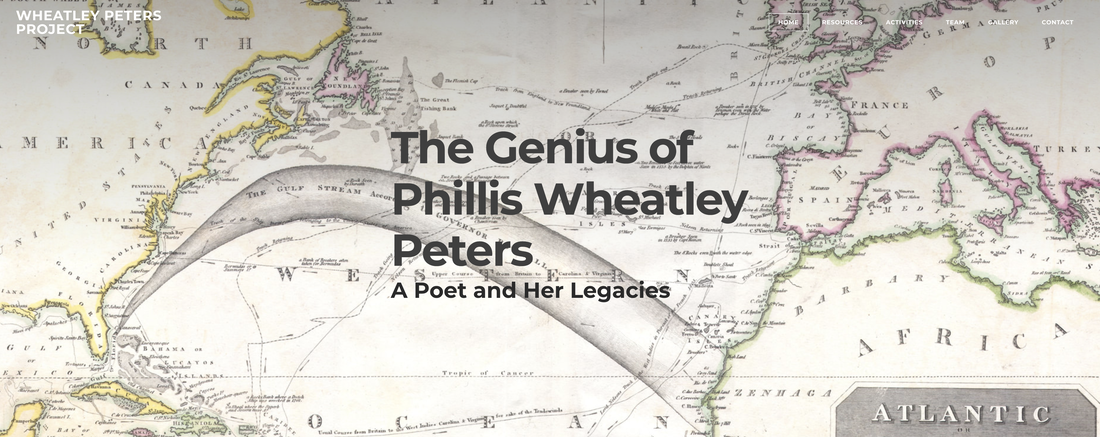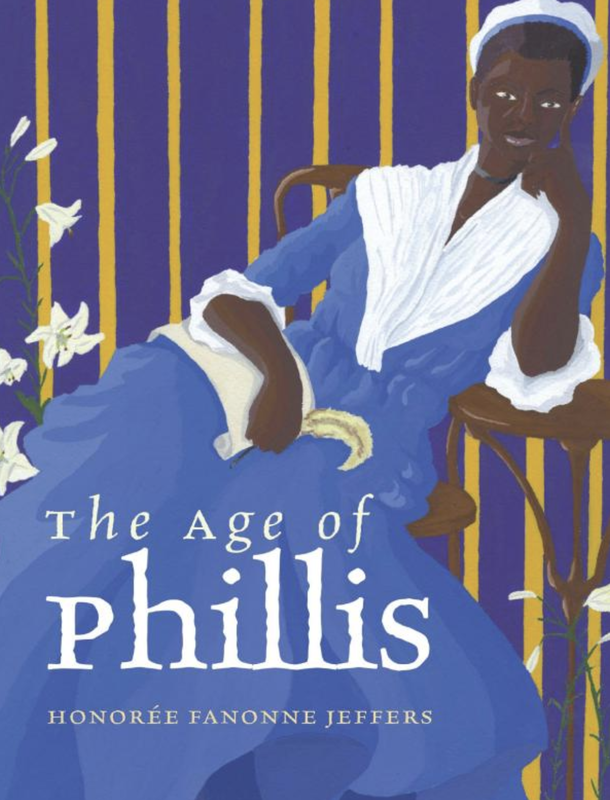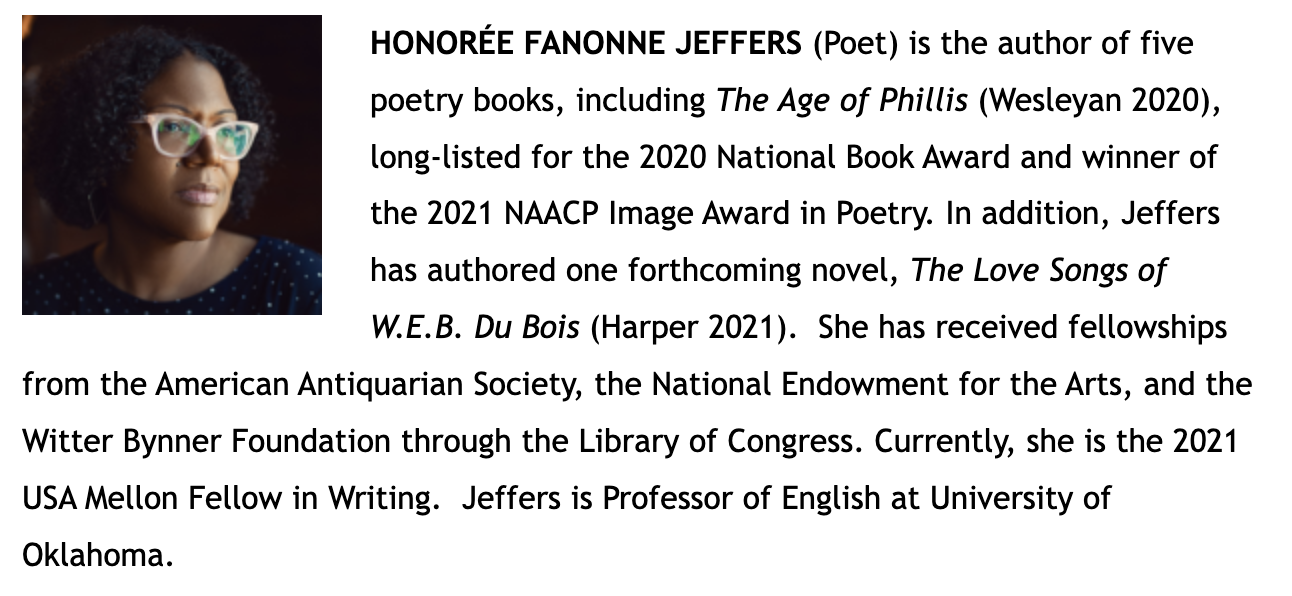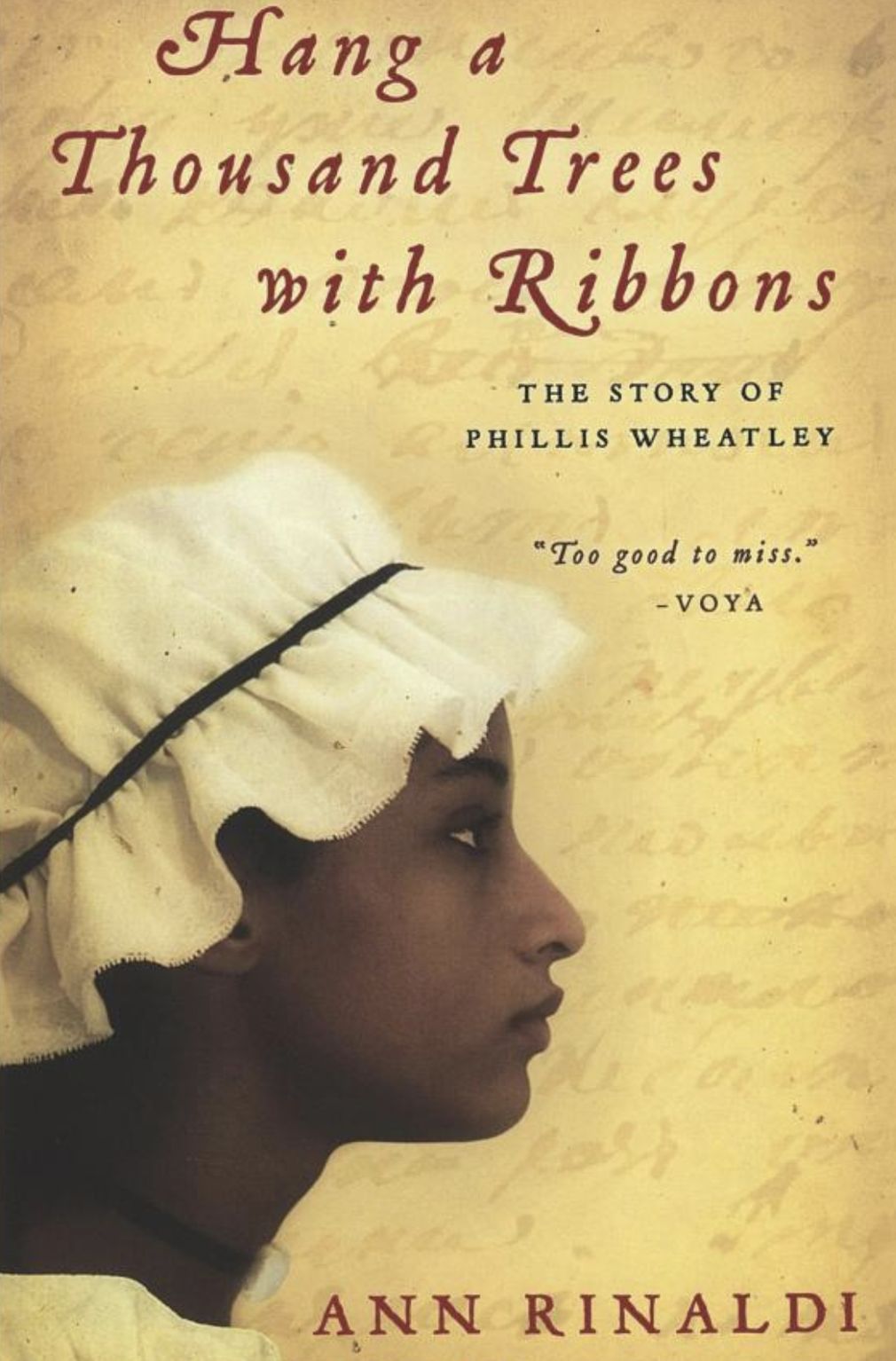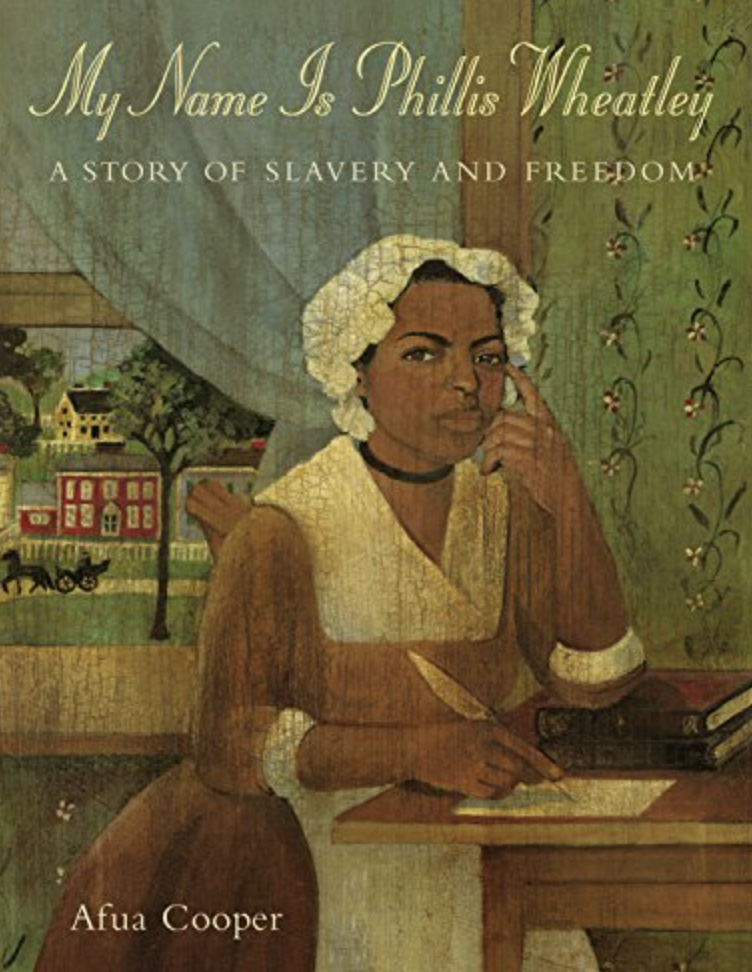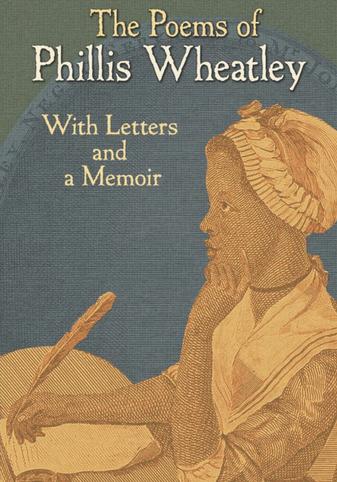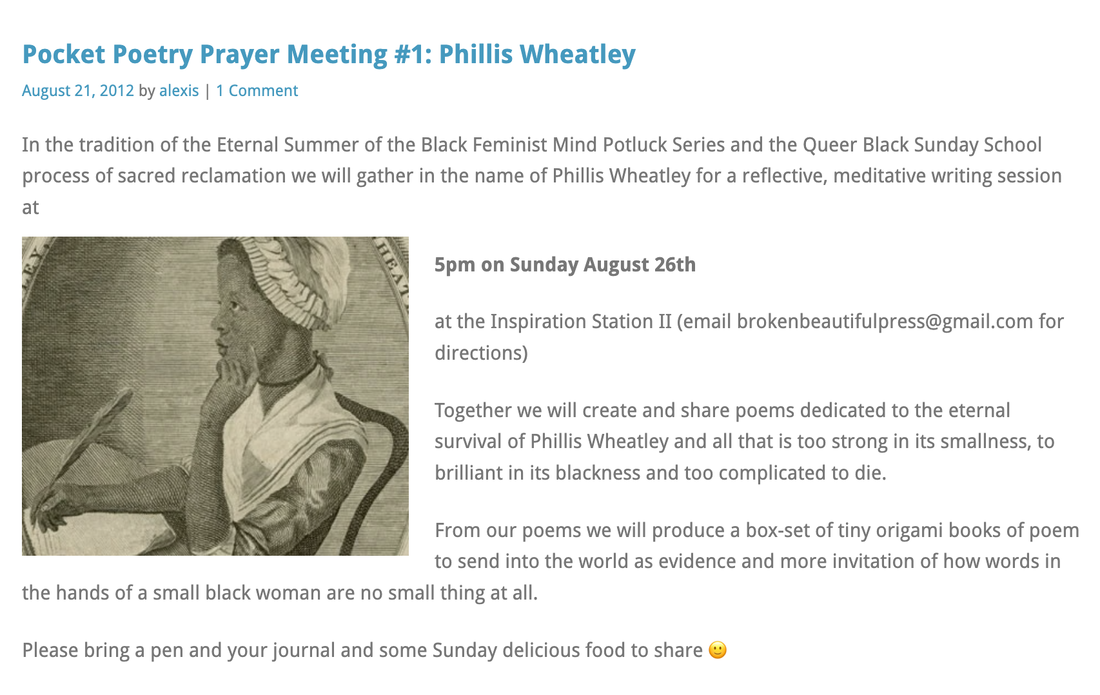“The Genius of Phillis Wheatley Peters” is a partnership of the University of Georgia and Texas Christian University celebrating the poet and her legacies informed by a participatory vision of the humanities and the arts.
Click here for more about the project and its co-directors.
Click here for more about the project and its co-directors.
In DFW Writes Phillis Wheatley Peters (#DFWwritesPWP), Sarah Ruffing Robbins, Endia Lindo, and Carmen Kynard connect professional development opportunities for teachers with a student writing contest in honor of Phillis Wheatley as one of the multiple community events in the national Wheatley Peters Project. Captured in West Africa in 1761, Phillis Wheatley Peters arrived in Boston as a slave. Twelve years later, she published the first book of poetry by an African American. Together, we examine the ways she continues to inspire audiences today in grades 3-12 in this 250-year anniversary of her 1773 publication.
Teaching Suggestions for High School
(Grades 9-12)
(Grades 9-12)
We recommend |
|
"I can run a thread from Phillis Wheatley all the way through everything else that goes on in African American poetry. Everything you want to know about what goes on in the African American poetic for me goes back to that one little poem, 'On Being Brought From Africa to America.' Eight lines, and it’s full of double consciousness. She’s grateful about being saved and liberated, but in the last few lines she tells you she knows how she’s being looked at. By white people. It’s about history. " ~Cornelius Eady
Option #2 |
|
Option #3Letters from Phillis Wheatley to Obour Tanner |
|
|
More Resources
|
|
|
|
|
The Poems of Phillis Wheatley with Letters and a Memoir
This 96-page book has been packaged for young people and includes the poems of Phillis Wheatley Peters alongside letters and the much contested Memoir. These materials are also available to you free online (click here).
This book closes with a much-contested memoir by Margaretta Matilda Odell's who calls herself "a collateral descendant of Mrs. Wheatley" who has been familiar with the name and fame of Phillis from her childhood." Follow-up discussions and writing activities might critically question this Memoir (see the readings especially in Option #2 above). Please consider having high school readers and writers submit their projects to the 2023 DFW-Writes-WheatleyPeters Contest (click here for more)
|
Project IdeasWrite a letter or poem to Phillis Wheatley like this TUMBLR account seven years ago (click here for examples) that you will turn into a pocket book. These letters were part of Alexis Pauline Gumbs's Pocket Poetry Prayer Meeting in 2012 where writers gathered to produce poems. Together, they produced a box-set of tiny origami books of poems dedicated to Wheatley Peters to send out into the world.
|
|
"Loving Blackness across Arts and Sciences"
by Michelle S. Hite and Deanna P. Koretsky This essay reflects on “loving Blackness” as a pedagogical tool in assigning Honore Fanonne Jeffers’s The Age of Phillis. As such, it articulates the possibilities for regarding the inner lives of Black people beyond the constraints of anti-Blackness and white supremacy. When released from this antagonism, we challenge our students with exploring Black life on its own terms. This approach informs how we brought STEM students and advanced English literature students together to reconsider and reimagine the potential narrative strands found in pre-nineteenth-century Black history and the promises of Black futures using The Age of Phillis as a model.
|
